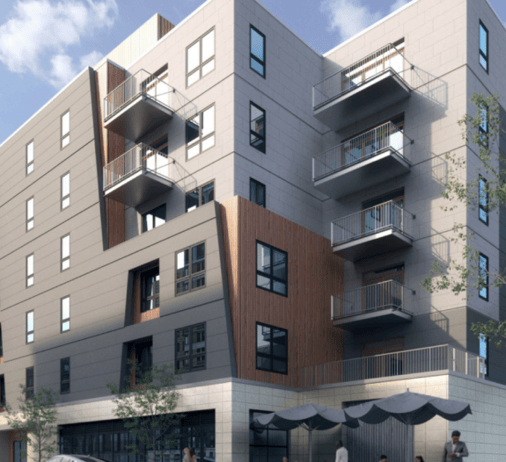How will the Fed injection of $1 Trillion into the economy affect real estate
After Fed Chairman Bernanke's appeareance on 60 minutes Sunday night to try to instill some confidence in the economy by "talking directly to the American public", he is now backing up his words with more action.
Since the Federal Reserve can't lower its key Federal Funds interest rate any further (it is essentially at 0% right now), it is increasingly looking for other ways to spur the economy. To do that, they just announced a new round of purchasing Treasury bonds and mortgage backed securities - over $1 Trillion total - which will nearly double their commitment of bond purchases to date.
From the NY Times article about the decision:
[The Federal Reserve] had decided to purchase an additional $750 billion worth of government-guaranteed mortgage-backed securities on top of the $500 billion that the Fed is already in the process of buying.
In addition, the Fed said it would buy up to $300 billion worth of longer-term Treasury securities over the next six months. That would tend to push down longer-term interest rates on all types of loans.
The market is reacting:
The Fed is using every tool it has to get the economy moving again. Maybe Bernanke and co. don't think the fiscal policy enacted through Congress (the stimulus bill) is large enough, or maybe they are really reaching for a way to finally unfreeze the credit markets. Either way, there is a whole lot of stimulus in the form of cheap money that will be working its way through the economy over the next number of months. The impact will surely be felt at some point - just when is still up in the air. But this action is not without some risk down the road.
The danger lies in the fact that if they inject too much money into the economy, they won't be able to pull it back fast enough once the economy starts to recover. If they can't, inflation will creep in. Inflation is not an issue right now because the economy is at a standstill, but once we start moving along again, inflation will cause higher prices for most goods and higher interest rates. Just in the past couple of days, you can see the markets reacting to anticipate this scenario. The value of the US dollar has declined against other currencies (our money is "cheaper") and the value of gold (a classic hedge against inflation) has gone up.
What does this all mean for the housing market?
With all this cheap money flooding the economy, on top of incentives like the $8000 first time homebuyer tax credit and the foreclosure prevention plan, I wonder if it really is starting to become the "right time to buy" for most people. I've been very hesitant to offer that pronouncement by continually advising that that buying can be a good option for some people depending on individual circumstances, but it certainly requires a hard look at renting vs buying. I still am not comfortable making that large a blanket statement yet, but with interest rates where they are, prices more affordable than they have been in a while, and the potential over the next couple of years for an inflationary environment causing interest rates to rise (and possibly home prices to some degree) making it more expensive to buy in the future, it could be getting close to a point where most people who can afford to buy, and can reasonably assume they will be in the same area for a while, would be better advised that buying is their best option.
And if you already own, watch the interest rates closely over the next few weeks and months - there could be solid refinancing opportunities because rates should sink in the near term from the Fed purchases.
Certainly, there are still job losses to come and still serious systemic issues in the financial sector to work through, but it looks like we are almost out of the woods in terms of a large scale financial collapse (I hope those aren't famous last words!), which eliminates some of the "risk" in buying (whether you are talking about houses or any other asset, like stocks). I think we've seen the market react to this perception with the large Dow gains over the past week or so. It's not going to be a smooth ride in the short term (the economy or housing market), and there will be continued volatility (especially when first quarter earnings and housing market data is reported) but it seems like we're starting to point in the right direction.
What are your thoughts? Comment below or contact me for more info.
And if you like what you're reading don't forget to subscribe by email or by RSS feed.
P.S. Definitely make sure to subscribe or check back in here over the next week or so because I am prepping a great "retrospective" report on the Boston real estate market since 2000. Full charts, graphs, and analysis to show you exactly where the Boston market is today by neighborhood, what has happpened over the past 8-9 years, and where we may be headed over the next 3-5 years.
